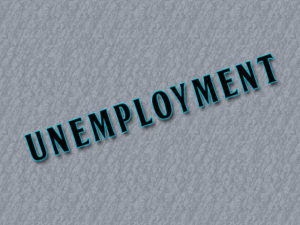Colorado Unemployment Overpayment Penalties
Stutheit & Gartland help claimants fight against
Colorado unemployment overpayment repayment demands.
 To be eligible for Colorado unemployment benefits for a particular week, the claimant’s earned wages must be less than her weekly benefit amount. Claimants may work while receiving unemployment benefits and earn up to 25% of their weekly benefit amount without impacting their benefits. After that, benefits are reduced by a dollar for each dollar earned. Claimants are required to report their hours worked and wages earned while receiving unemployment benefits.
To be eligible for Colorado unemployment benefits for a particular week, the claimant’s earned wages must be less than her weekly benefit amount. Claimants may work while receiving unemployment benefits and earn up to 25% of their weekly benefit amount without impacting their benefits. After that, benefits are reduced by a dollar for each dollar earned. Claimants are required to report their hours worked and wages earned while receiving unemployment benefits.
If a claimant receives benefits in excess of what she is entitled, the Colorado Division of Unemployment Insurance will collect the Colorado unemployment overpayment. If a claimant gets benefits after applying, but then the Division of Unemployment decides she was not eligible, she will be asked to repay the benefits received. For this reason, it is almost always smart to appeal a determination you should not have been eligible for benefits.
If a claimant has had Colorado unemployment overpayment because of a false representation or willful failure to disclose a material fact, the law requires the claimant to pay a penalty in addition to the overpaid amount. For benefits paid after August 7, 2014, the penalty is 65%. Even if you owe money as an overpayment, fight the penalty. In our experience, the Division assumes overpayments are the result of fraud, rather than some mistake, and then demands the penalty. The Division is often wrong, but seldom admits it is wrong. I call this government behaving badly. The Division must be told by an administrative law judge that the penalty is not recoverable. To show there was a “false representation” or “willful failure” to disclose a material fact, the Division must establish that the claimant acted “knowingly.”
The Division has the authority to pursue criminal charges for false reporting which results in overpayment. This does happen, but only in the worst cases.
